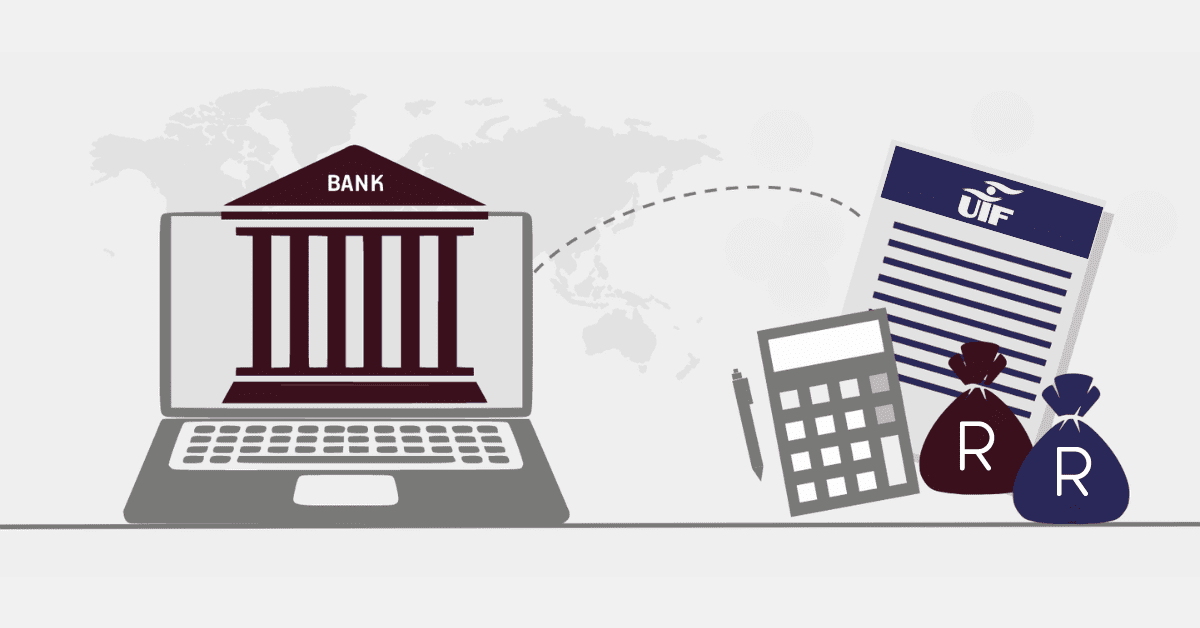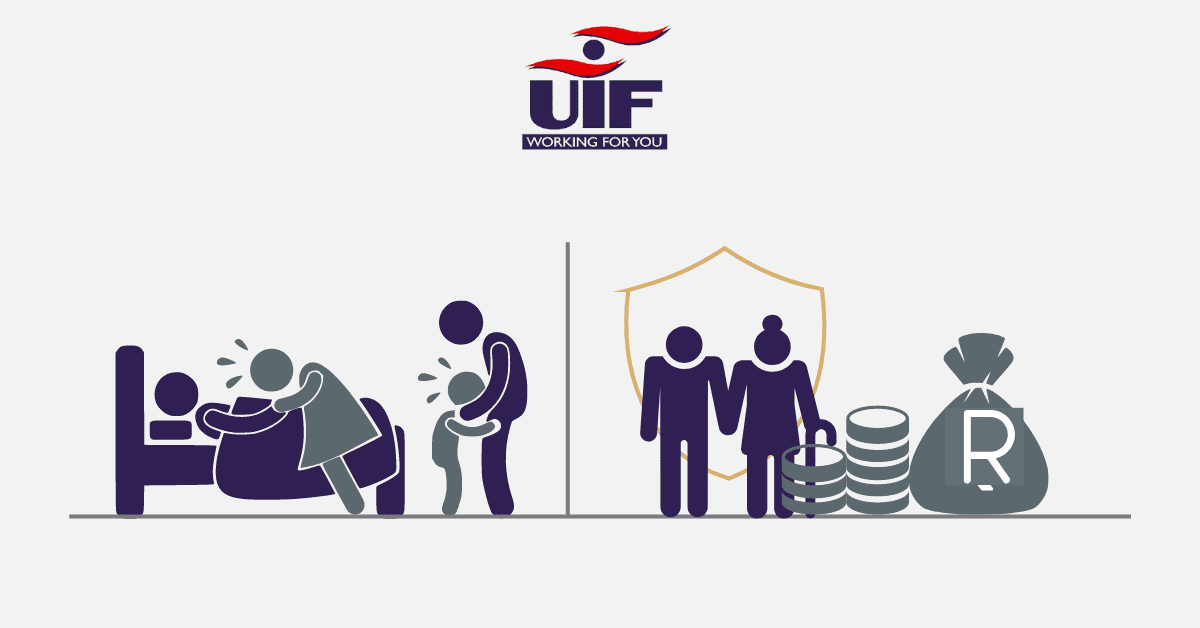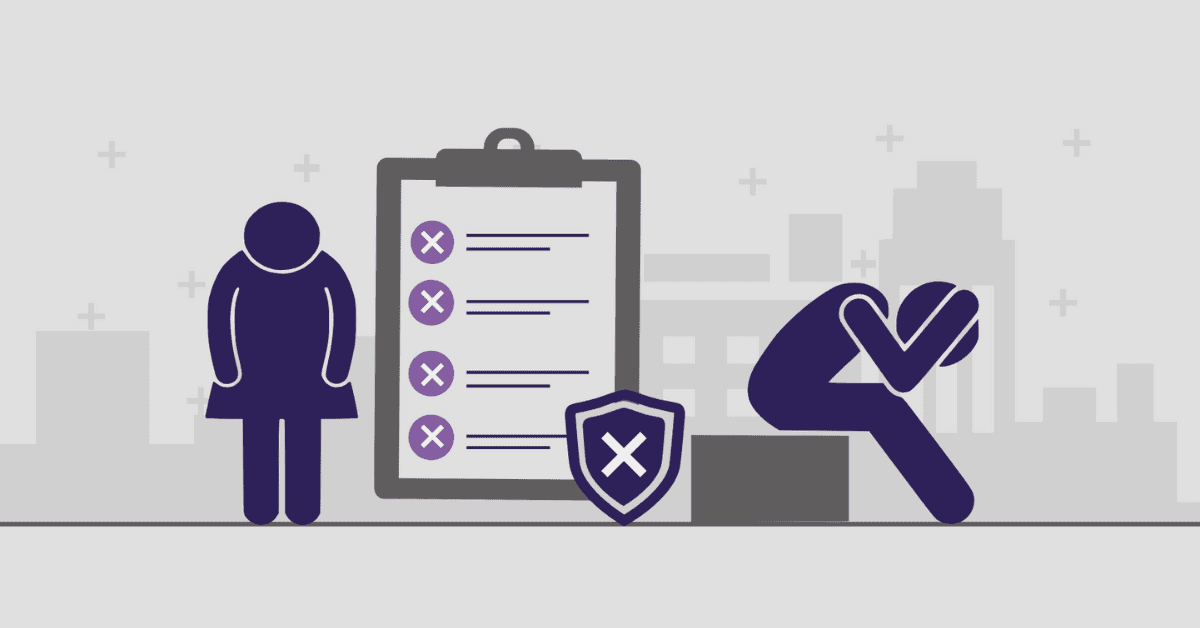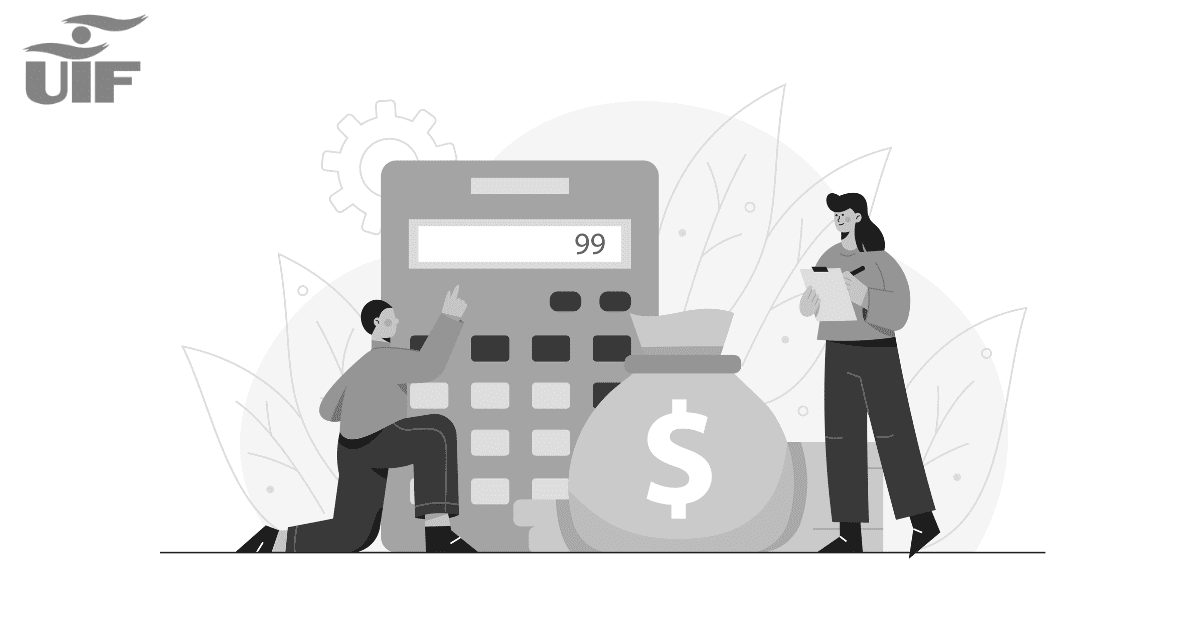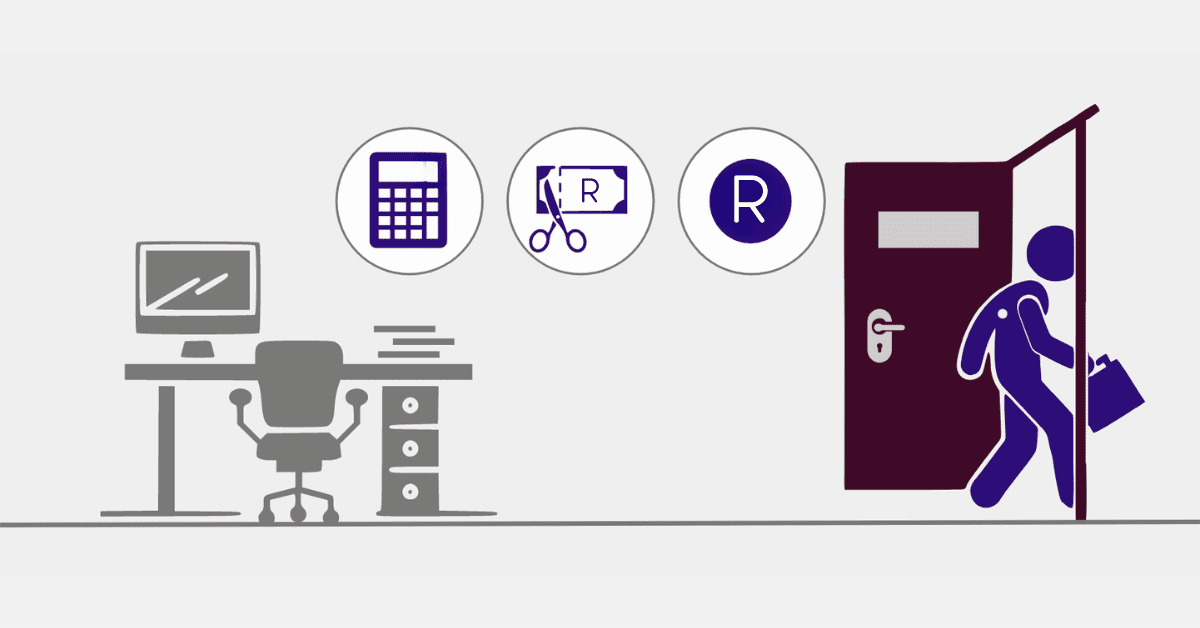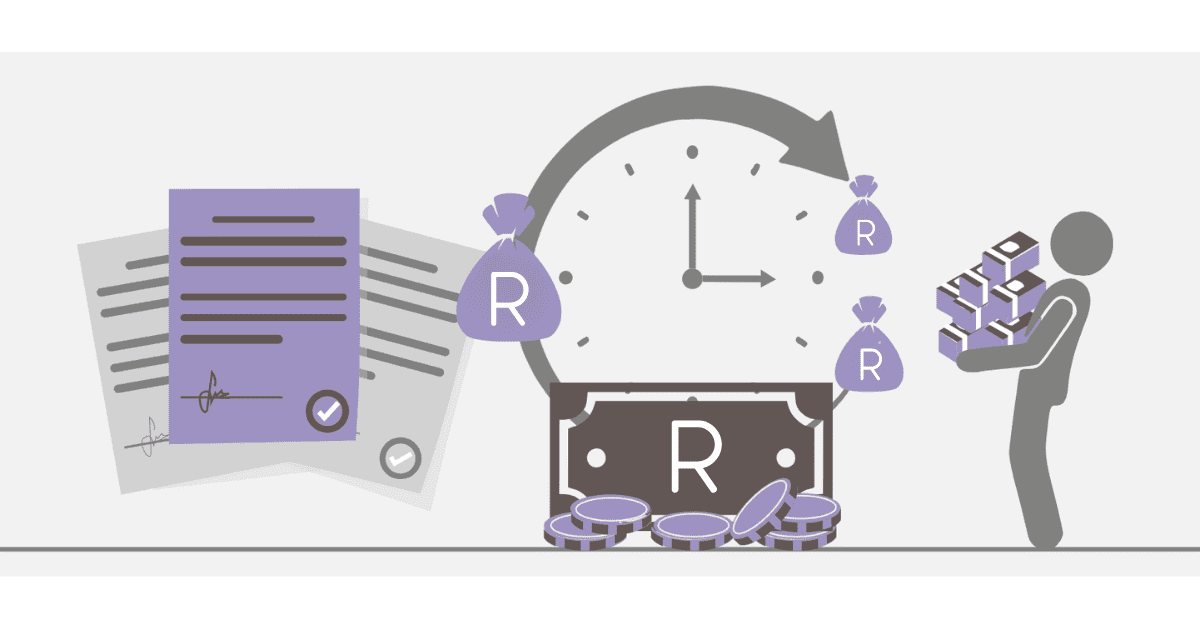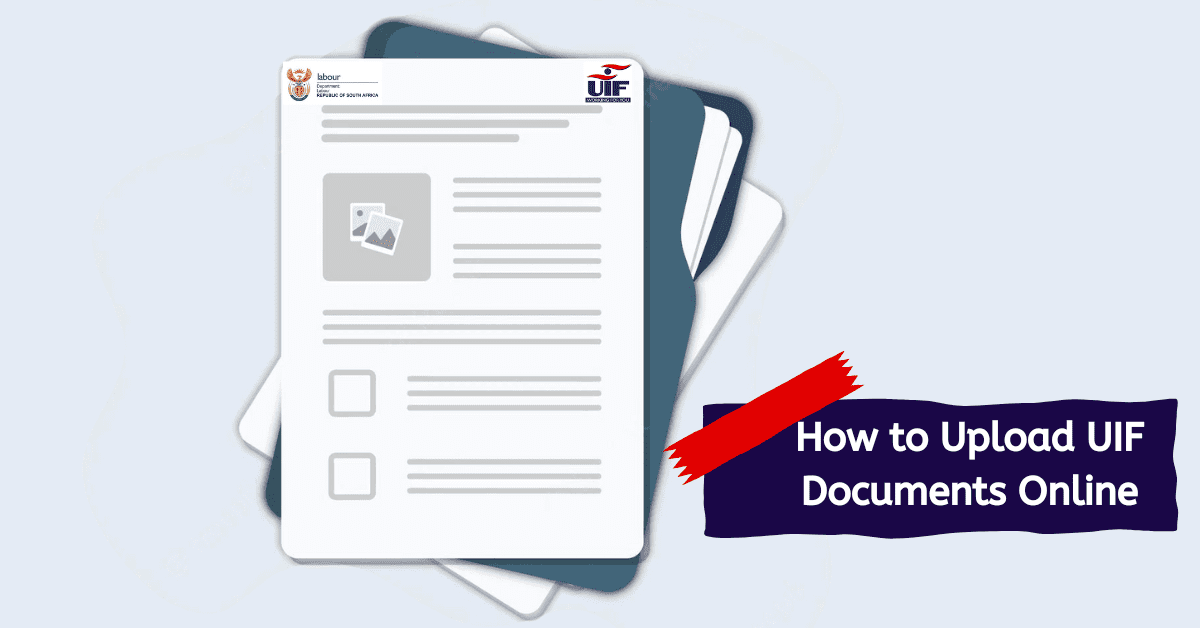The death of a family member or loved one can be an overwhelming and confusing time, mainly when dealing with loss’s financial and administrative aspects. When your loved one or family member passes away, the last thing on your mind should be what will happen with their insurance claims benefits. The exciting news is that you can receive UIF benefits if you know the proper steps and have all the necessary documents in order.
Suppose your family member died recently, or you’re just trying to learn about UIF claims. In that case, this article will go through how to claim UIF benefits after a loved one passes away, including what documents are needed to claim UIF, how long payments last, and how to calculate death benefits.
Let’s get started!
How To Claim UIF For A Deceased Person
Claiming UIF death benefits involves several steps that need to be followed to receive the money owed.
To claim UIF death benefits, you must provide the necessary documentation to prove the deceased’s death. This can include the death certificate, identity documents of the dead, and other relevant evidence. It is also essential to keep any paperwork related to the deceased’s employment, such as wage slips and bank statements.
It is also important to note that UIF does not pay out an amount based on the income earned by the deceased. Instead, UIF pays a lump sum based on the years worked before death.
Generally, if you are a South African citizen or permanent resident and have lost a loved one due to unfortunate circumstances, you may be able to claim UIF death benefits. By understanding the eligibility criteria and submitting the correct documents, you will be able to receive the money owed to you quickly and efficiently.
What Documents Are Needed To Claim UIF For the Deceased?
If you’re the deceased worker’s husband or wife, you’ll need to fill out Form UF126 and submit the following documents at the Labour Centre;
- your ID or identity card document
- photocopies of the deceased worker’s last six paychecks
- the employer’s information on form UI19
- an approved photocopy of the death certificate
- an approved photocopy of your certificate of marriage
- an employer’s service certificate
- evidence of your banking information
If you’re the deceased worker’s child, you’ll need to fill out Form UF127 and submit the following documents at the Labour Centre;
- a photocopy of your ID
- photocopies of the last six paychecks of the deceased
- details shared by the dead’s company on form UI19
- an employer’s service certificate
- an approved photocopy of your birth certificate
- evidence of your banking information
- an approved photocopy of the deceased’s death certificate
- guardianship proof
- evidence that you’re learning and depended on the dead or you’re the deceased’s child and relied on him/her
How Long Does UIF Pay Out After Death?
Once you have filled out the form and provided all necessary documentation, the UIF office will review your claim and make a decision. They will inform you of the outcome within eight weeks of receiving your paperwork.
If your claim is approved, you will receive the UIF death benefits
It’s important to remember that claiming UIF death benefits requires a lot of patience and attention to detail. Be sure to read all instructions carefully and provide all necessary documents to speed up the process.
How To Calculate UIF Death Benefits
You can use an online calculator from the Department of Labor to calculate how much UIF death benefits should be paid. The calculator will help you determine how much money is owed based on the length of employment and other factors.
It is important to note that UIF death benefits are only available to South African citizens or permanent residents. Therefore, if you are not a citizen or permanent resident, you will not be eligible to receive UIF death benefits.
Can I Claim UIF When Someone Dies
Yes, you can claim UIF when someone dies within six months of death if you’re the deceased worker’s husband, wife, or minor child.
To claim UIF death benefits, the deceased’s next of kin must contact the Department of Labour (DoL) and submit the required documents. The documents needed are an approved photocopy of the death certificate, photocopies of the last six paychecks of the deceased, and more.
Once the DoL has processed your application, they will calculate the UIF death benefits you are entitled to receive based on the deceased’s earnings over the past 12 months. It usually takes up to 4 weeks for UIF death benefits to be paid out after submitting an application.
How Much Does UIF Pay Out For Death?
The amount paid out is typically around R25 000, depending on the deceased’s salary and contributions to the fund. The benefit is calculated using the number of months the dead contributed to UIF, their monthly earnings at the time of their passing, and the total number of dependent family members.
Conclusion
Claiming UIF death benefits can be an emotional and confusing process. It is essential to understand the documents required and the amount of time it will take to receive your payout.
With the correct information and preparation, you can ensure you receive the full benefits (due to you) after a loved one passes away. Remember to keep records of all your paperwork, including death certificates, marriage and birth certificates, and proof of contributions.

